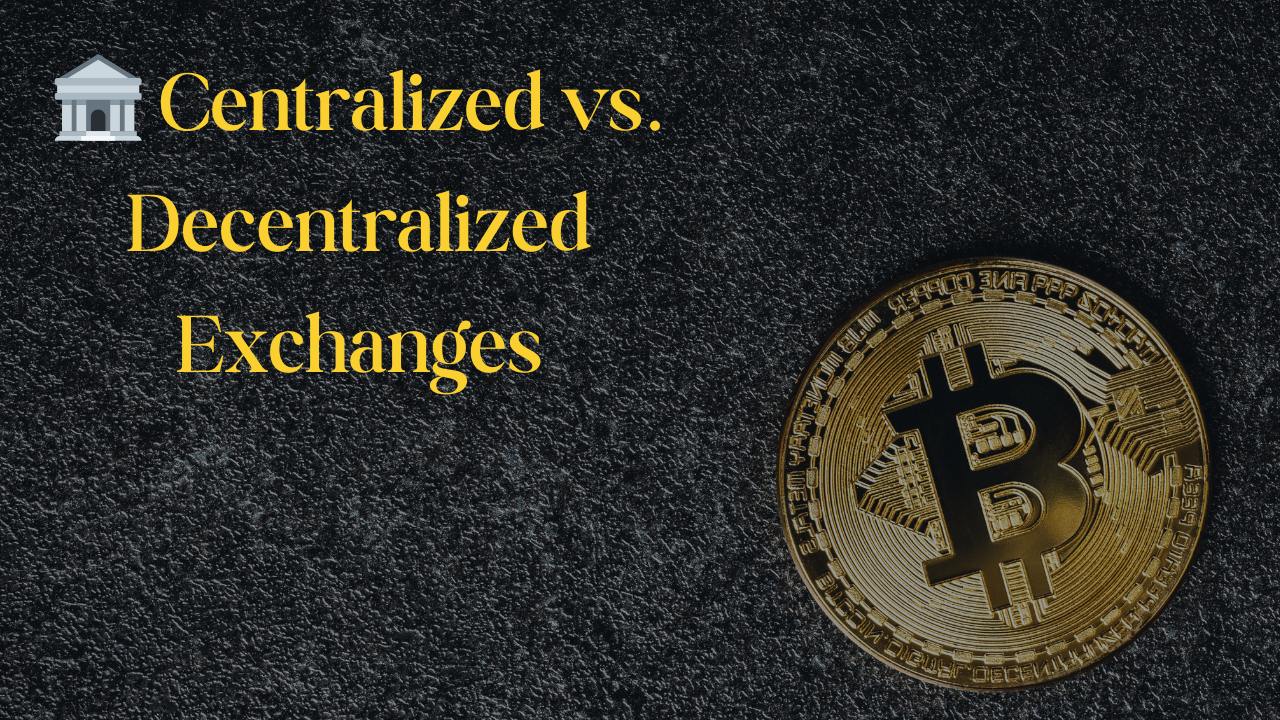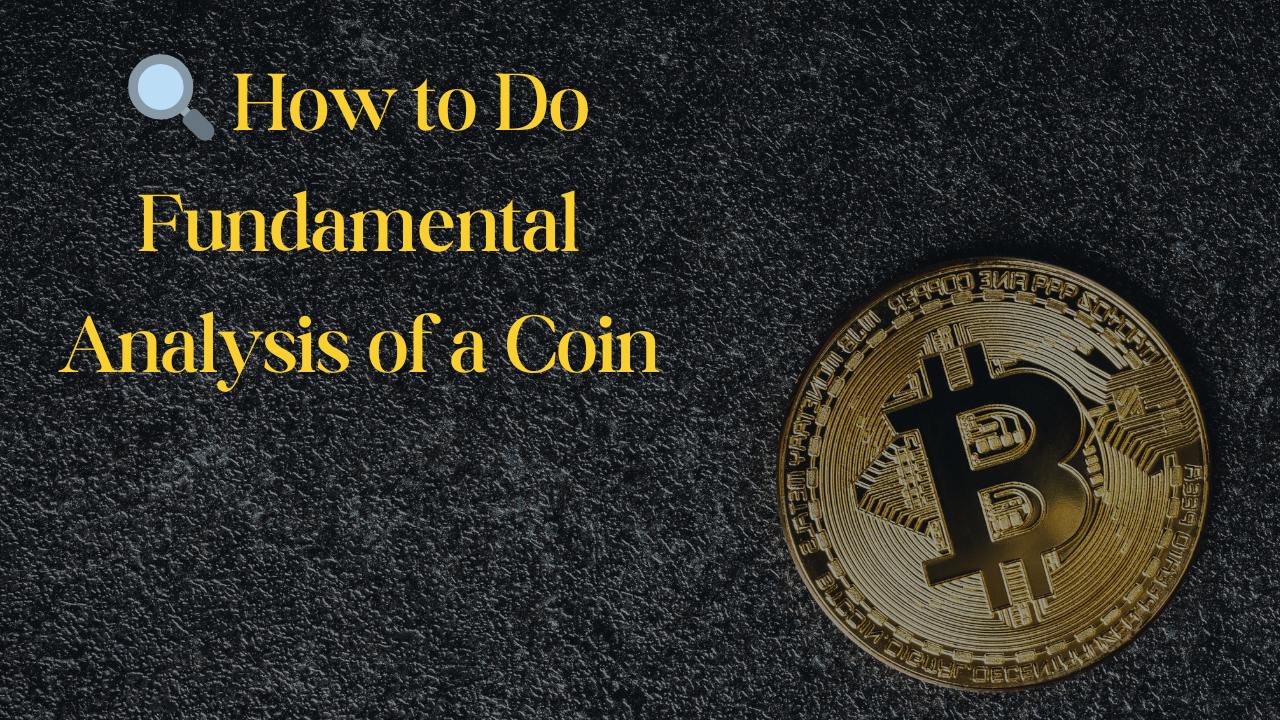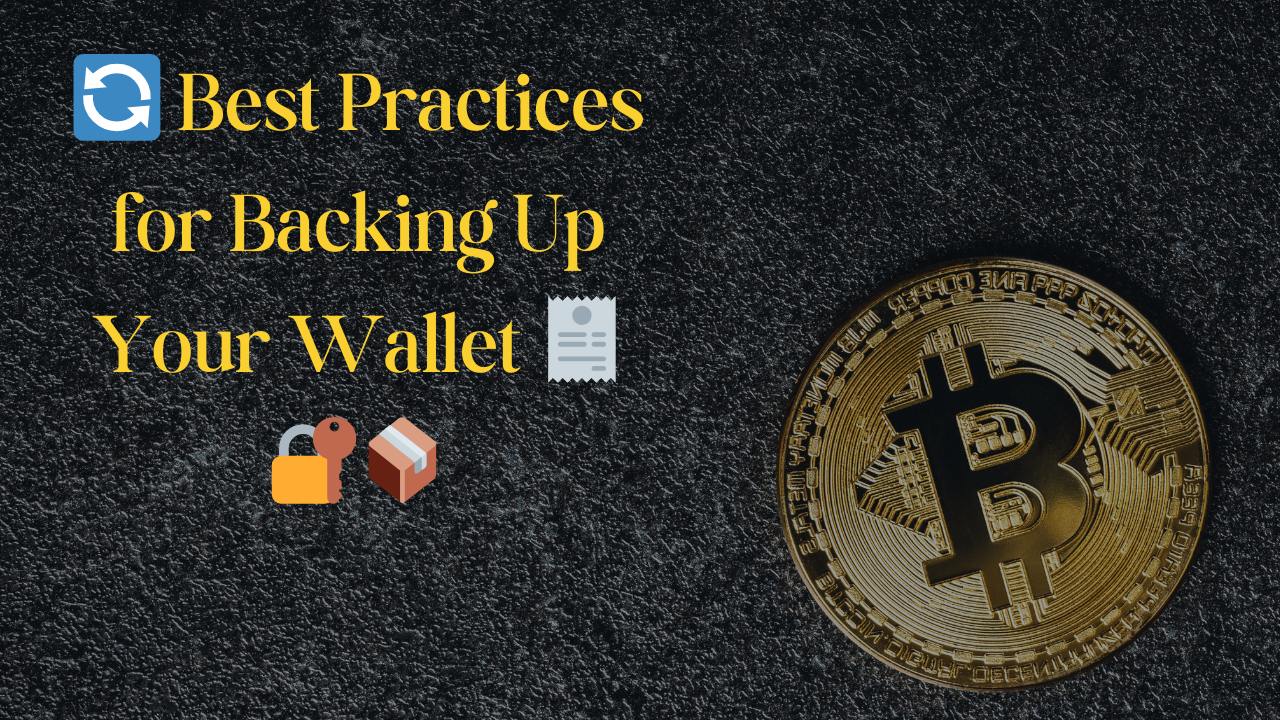🏦 Centralized vs. Decentralized Exchanges
2025-04-02 22:54:02.786 +0000 UTC

🏦 Centralized vs. Decentralized Exchanges
If you’ve ever bought or traded cryptocurrency, chances are you’ve used a crypto exchange. 💱 But not all exchanges are the same. There are two main types: Centralized Exchanges (CEXs) and Decentralized Exchanges (DEXs). Understanding the difference between the two is key to managing your crypto safely and effectively. 🔐💡
📖 What Is a Crypto Exchange?
A crypto exchange is a digital platform that allows you to buy, sell, and trade cryptocurrencies. Think of it like the stock market—but instead of buying Apple or Tesla shares, you're trading Bitcoin, Ethereum, and other coins. 📈🪙
Now let’s explore how centralized and decentralized exchanges work, and why choosing the right one matters. 🤔
🏢 Centralized Exchanges (CEXs)
Centralized exchanges are operated by private companies. They act as middlemen, matching buyers with sellers and handling your transactions for you. 📊
Popular CEXs:
- 💰 Binance
- 📈 Coinbase
- 🔁 Kraken
- 🗼 KuCoin
✅ Pros of Centralized Exchanges
- 🧠 Beginner-Friendly: Clean UI and easy signup process
- ⚡ Fast Transactions: Instant order matching and high liquidity
- 💳 Fiat Support: Buy crypto with credit card or bank transfer
- 🛠️ Customer Support: Help if you lose access or funds
⚠️ Cons of Centralized Exchanges
- 🔐 Not Your Keys: CEXs control your private keys
- 🎯 Hacking Risks: CEXs are attractive targets for cyber attacks
- 📜 Regulatory Oversight: Subject to government rules & KYC
- 🚫 Possible Freezes: CEXs can suspend accounts or limit withdrawals
🕸️ Decentralized Exchanges (DEXs)
DEXs are platforms that allow peer-to-peer trading directly from your wallet. No middleman. No custody of funds. Everything happens on the blockchain through smart contracts. 💻🔗
Popular DEXs:
- 🦄 Uniswap (Ethereum)
- 🥞 PancakeSwap (BNB Chain)
- 🧪 SushiSwap (Multi-chain)
- 🌉 1inch (Aggregator)
✅ Pros of Decentralized Exchanges
- 🔑 You Control Your Keys: No need to trust a third party
- 🌍 Global Access: Anyone with a wallet can trade
- 🙈 No KYC: Stay anonymous (in most cases)
- 🚫 No Central Authority: No one can freeze your funds
⚠️ Cons of Decentralized Exchanges
- 👨🔬 Less Beginner-Friendly: More complex to use
- 🧊 Lower Liquidity: Especially for smaller tokens
- ⚠️ Higher Risk of Scams: Anyone can list a token
- ⛽ Network Fees: Gas costs can spike on Ethereum
📊 Head-to-Head Comparison
| Feature | Centralized (CEX) | Decentralized (DEX) |
|---|---|---|
| Control | Platform holds your crypto | You hold your own crypto |
| Security | High risk if hacked | Safer if you manage your keys |
| Ease of Use | Very user-friendly | Requires more technical knowledge |
| Privacy | KYC and ID required | Anonymous trading |
| Liquidity | High | Varies by token |
🚨 Key Risks to Watch For
On CEXs:
- 💥 Exchange hacks (e.g., Mt. Gox, FTX collapse)
- 🚫 Frozen funds due to regulations or internal issues
- 🔍 Poor security practices or mismanagement
On DEXs:
- 🧪 Scam tokens or rug pulls
- 📜 Smart contract bugs
- 🧑💻 Limited customer support if things go wrong
💬 Which One Should You Use?
Use a CEX if:
- 🆕 You’re new to crypto
- 💳 You want to buy with fiat
- 📉 You need deep liquidity for big trades
Use a DEX if:
- 🔑 You want full control of your assets
- 🕵️ You value privacy
- 🪙 You want to trade new or experimental tokens
🔁 Many crypto users start on a CEX, then graduate to DEXs for advanced tools and full decentralization.
🔮 The Future of Exchanges
Hybrid exchanges, Layer 2 DEXs, and decentralized identity tools are making DEXs more user-friendly. Meanwhile, CEXs are adopting decentralized features like non-custodial wallets and DeFi integrations. 🤝
The line between CEX and DEX is blurring—and that’s a good thing for innovation and user freedom. 💫
✅ Final Thoughts
Understanding the difference between centralized and decentralized exchanges empowers you to make better decisions about your crypto journey. Whether you prioritize convenience, security, or freedom, there’s a platform for you. 🙌
💬 Coming up next: 💳 What Is a Crypto Wallet? Hot vs. Cold Wallets


